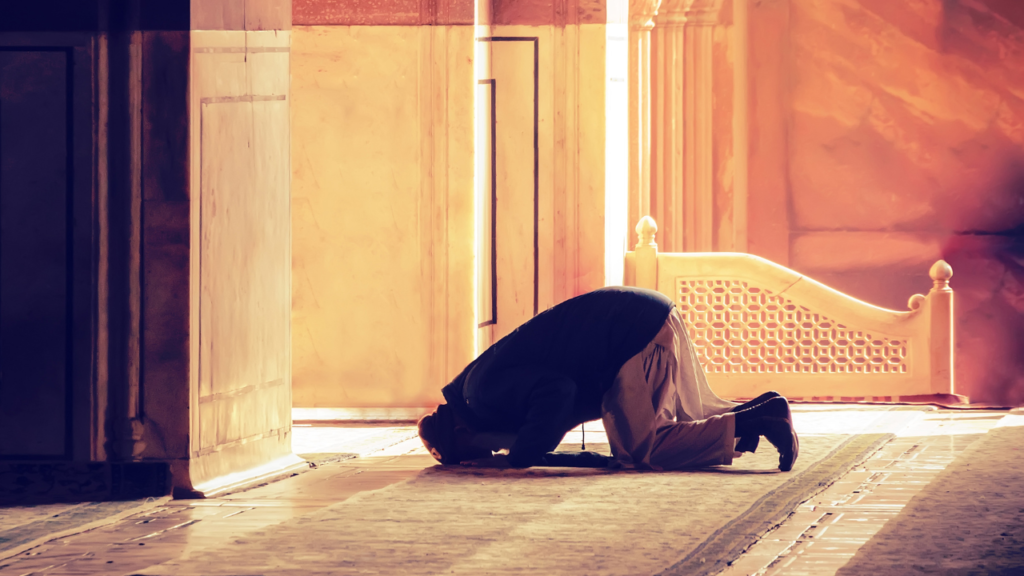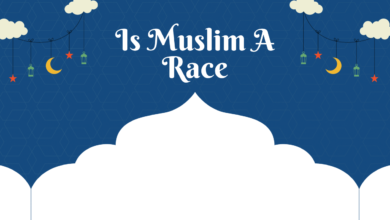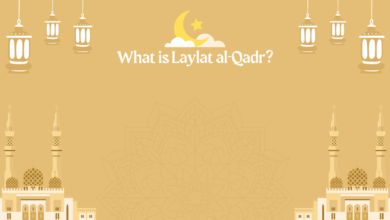
How To Convert to Islam?
The first step is to seek knowledge about Islam. Begin by learning about the fundamental beliefs, practices, and principles of Islam.

Introduction
Converting to a new religion is a profound and deeply personal decision. For those considering embracing Islam, this journey can be both spiritually enriching and life-changing. Islam is one of the world’s major religions, with a rich history and a diverse global community of followers. Converting to Islam requires understanding its core beliefs, rituals, and lifestyle while embracing the faith with an open heart and sincere intention. In this article, we will guide you through the steps and considerations involved in converting to Islam.
Seek Knowledge
Before making the decision to convert to Islam, it’s essential to gain a basic understanding of the religion. Begin by reading about the fundamentals of Islam, such as its beliefs, practices, and the life of the Prophet Muhammad (peace be upon him). You can find books, articles, and online resources to help you explore this faith.
Also check.
- Who is the Wessiah in Islam?
- What is Wudu in Islam?
- What is Jihad in Islam?
- What is Hadith?
- Who is the Holy Spirit in Islam?
Connect with the Muslim Community
Reach out to Muslims in your local community or online to learn more about their experiences and the practice of Islam. Joining Islamic community events, attending lectures, or visiting mosques can provide you with valuable insights and opportunities to ask questions.
Understand the Pillars of Islam
Islam has five fundamental pillars that every Muslim is expected to follow:
Shahada (Declaration of Faith): This is the core belief that there is no god but Allah, and Muhammad is His messenger. To convert to Islam, you’ll need to recite the Shahada sincerely and with conviction in the presence of witnesses.
Salat (Prayer): Muslims are required to pray five times a day facing the Kaaba in Mecca. Learning how to perform these prayers and their significance is crucial.
Zakat (Charity): Zakat is the obligation to give a portion of your wealth to those in need. Understanding how this is calculated and distributed is essential.
Sawm (Fasting): Muslims fast during the month of Ramadan. Learn about the significance of fasting, the rules, and the spiritual benefits it offers.
Hajj (Pilgrimage): Hajj is a pilgrimage to Mecca that every able-bodied Muslim must undertake once in their lifetime, if possible.
Consult with a Religious Authority
To formally convert to Islam, it is often recommended to seek guidance from a knowledgeable Islamic scholar or an imam at your local mosque. They can help you understand the faith in more depth, answer your questions, and assist you in taking the Shahada.
Embrace the Shahada
The Shahada is the cornerstone of your conversion. It’s a declaration of your faith in the oneness of Allah and the prophethood of Muhammad. It can be performed in the presence of witnesses, such as an imam, or in the privacy of your own space.
The Shahada is recited as follows: “Ashhadu an la ilaha illallah, wa ashhadu anna Muhammadur rasulullah,” which means “I bear witness that there is no god but Allah, and I bear witness that Muhammad is the messenger of Allah.”
Begin Your Journey
After converting to Islam, it’s important to continue learning and practicing your faith. Attend regular prayers at the mosque, read the Quran, and seek the company of fellow Muslims who can provide support and guidance as you grow in your faith.
Conclusion
Converting to Islam is a deeply personal and spiritual journey. It involves learning about the religion, connecting with the Muslim community, understanding its core beliefs and practices, and ultimately embracing the faith through the declaration of the Shahada. It’s a journey that can be both challenging and immensely rewarding, as it leads to a deeper connection with God and a sense of belonging to a global community of believers. Remember that sincerity and a genuine desire to seek the truth are at the heart of this journey.

FAQs
What is the first step in converting to Islam?
The first step is to seek knowledge about Islam. Begin by learning about the fundamental beliefs, practices, and principles of Islam.
How do I connect with the Muslim community?
You can connect with the Muslim community by visiting local mosques, attending Islamic events, or joining online forums and social media groups dedicated to Islam.
What are the basic beliefs of Islam?
Islam’s core beliefs include the belief in the oneness of Allah (God) and the prophethood of Muhammad (peace be upon him).
What are the Five Pillars of Islam, and why are they important?
The Five Pillars of Islam are Shahada (faith), Salat (prayer), Zakat (charity), Sawm (fasting), and Hajj (pilgrimage). They are essential to a Muslim’s faith and practice, serving as a guide for their daily lives.
How do I formally convert to Islam?
To formally convert, you typically recite the Shahada, the declaration of faith, in the presence of witnesses or an imam at a mosque.
Can I convert to Islam on my own, without witnesses?
While it is possible to convert privately by reciting the Shahada sincerely and with conviction, having witnesses is encouraged to formalize the conversion.
Do I need to change my name when converting to Islam?
Changing your name is not mandatory, but some converts choose to adopt an Islamic name to reflect their newfound faith.
What are the daily practices of a Muslim after conversion?
After converting, Muslims are expected to pray five times a day, observe fasting during Ramadan, give to charity, and strive to lead a life in accordance with Islamic principles.
Do I need to learn Arabic to convert to Islam?
Learning Arabic is not a requirement for conversion, but it can be beneficial, especially for understanding the Quran. Many resources are available in different languages to help new converts.
How can I continue learning about Islam after converting?
After converting, you can continue your learning journey by reading the Quran, attending Islamic classes, and seeking guidance from knowledgeable scholars or imams.




